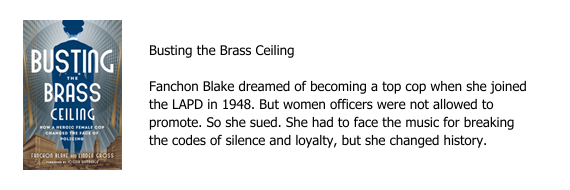No one wants to read a boring book. You may think that readers should know the information you’re providing regardless of whether the writing captures them or not. But no one likes to be “should” on either.
Let’s face it. While a book can help grow your business and convince people to invest in your product(s) or service(s), that only works if your prospects actually read what you’ve written. This means you’re going to have to make your book interesting so that they enjoy the experience. The most reliable way to do that is through stories.
I don’t care how passionate your prose is or how compelling your arguments and data are. Research shows that people respond to and remember stories more than anything else. A lot more. “Stories are remembered up to 22 times more than facts alone,” according to Stanford University marketing professor Jennifer Aaker.
Of course, readers—or listeners, for that matter—aren’t going to remember any old story. They’re going to respond to a story that takes them on a journey and makes them feel like they’ve experienced something new as they travel through the beginning, middle, and end of the tale. That feeling will persuade them to believe in you, the author, and to take action.
This means, of course, that you can’t just tell them about the journey. They have to live it for themselves through your words. That’s why I talk about story-showing rather than storytelling. You do that by making the story active through action, dialog, and detail. That brings the experience you’re writing about to life.
In a 2021 Writer’s Digest article, critically acclaimed novelist Steven James offers a couple of other secrets to great storytelling, which are just as relevant to nonfiction stories as they are to fictional ones.
First, since you want the reader to experience the story as if they lived it along with you, your events need to follow logically along a cause-and-effect route. Close your eyes and remember how the scene played out. Then write it in that exact order. That logical sequence will allow the reader to engage.
Second, tension in your story will keep the reader entertained and turning those pages. “At the heart of story is tension, and at the heart of tension is unmet desire,” writes James. “At its core, a story is about a character who wants something but cannot get it. As soon as he gets it, the story is over.” That works well when using a book to try and persuade readers to buy from you since it will remind them of what they want or need.
You’ll want to include three kinds of stories in your book. Since we’re trying to convince people that your service(s) or product(s) are for them, you’ll want both professional and personal stories that will move them to action. Stanford professor Aaker calls these “signature stories.” The most obvious kind of story on this front is one that provides the narrative of how and why you care about what you do or sell. But, as I point out in my interactive e-course Boost Your Business with a Book, we also want to get to know you as a person.
In his soon-to-be-published book, The Imperfect Storm: Navigating the Seas of Retirement, my writing coach client, Derek Reed, remembers heading out as a kid to go pool hopping (jumping uninvited into the neighbors’ pools and then racing away before getting caught). He’s set to go out the door when his mother warns him she may never trust him again if he breaks that bond trust. Instead of blowing her off, he stops, thinks, backtracks, and yells down to his buddies that he can’t go with them. His reaction tells you just about everything you need to know about Derek. And in a book about financial planning, that kind of revealing, personal story is the spoonful of sugar that makes the medicine (otherwise known as financial lessons and tips) go down while giving your prospects an inside look at who you are.
You’ll also want to sprinkle in client stories that relate to what your prospects are looking for. When considering which stories to use, remember to cast a wide net in terms of age, sex, life situation, and life challenges, so that your readers have the best chance of seeing themselves in at least one of the stories in your book.
If people think your book can help them, you’ve secured a reader. If you can keep them entertained as they gain the knowledge they need (secret #1), you’ve probably gained a client as well, especially if you’ve presented yourself in an authentic way. We’ll talk about that in two weeks.




















0 Comments